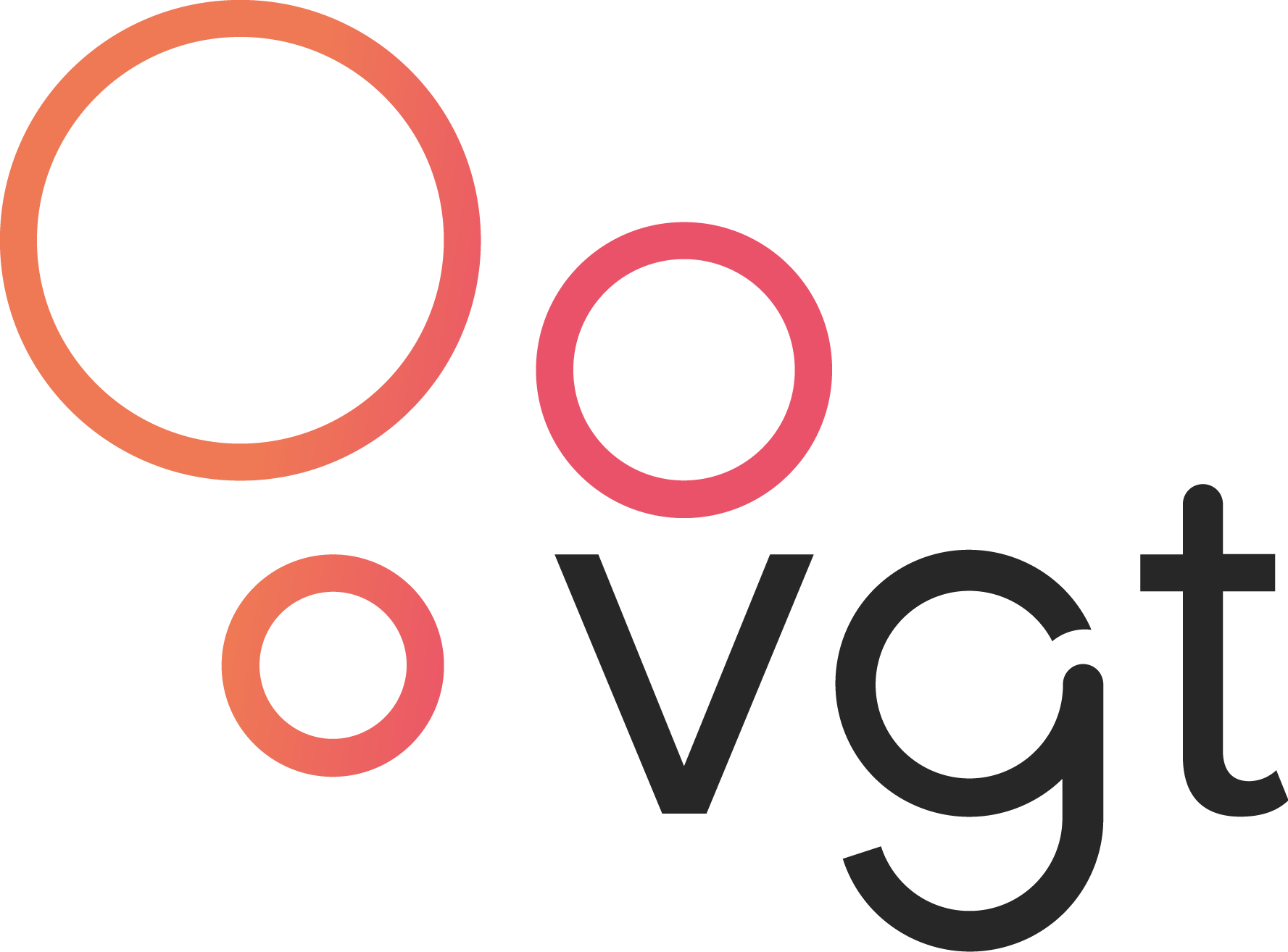SunnYparc – smart electric mobility for tomorrow’s electricity grid
The SunnYparc project involving 5 Swiss companies aims to explore the synergies between local renewable energy production and electric mobility. By the end of 2025, 250 charging stations for electric vehicles will be implemented on the Y-PARC site in Yverdon-les-Bains, starting with 25 stations (5 of which being bi-directional) by the end of 2022 in the municipal P+R car park. These terminals will be connected to local industrial consumers and to a large photovoltaic production through an intelligent microgrid. Within this microgrid, several modes of control and pricing based on the smart meter architecture will be explored by actively involving electric vehicle owners. The aim is to demonstrate that intelligent charging of these vehicles – in particular through vehicle-to-grid[i] (V2G) technology – has the potential to relieve the Swiss electricity grid, reduce the risk of blackouts and reduce dependence on fossil fuels.
[i] The Vehicle-to-grid technology allows electricity stored in the battery of an electric vehicle to be fed into the grid.
Context
The massive use of renewable energies and the electrification of vehicles are two pillars of the ongoing energy transition in Switzerland and beyond. Without intelligent coordination, they risk undermining the stability of the electricity grid by causing major peaks in electricity production and consumption that are not correlated. Furthermore, solar electricity production during the day at home cannot charge an electric vehicle that is parked at the workplace. On the contrary, industrial estates offer large areas for photovoltaic installations, but low self-consumption hinders their deployments. The integration of charging stations for electric vehicles represents a unique opportunity to change these paradigms. However, this solution requires intelligent management of the charging of these vehicles and adequate pricing within the local grid. In this respect, the Swiss regulatory framework is unique in Europe, as it allows the privatisation of parts of the electricity network into microgrids within which flexible electricity pricing is authorised. New bi-directional charging station technologies add further flexibility to offer support services to the electricity grid, allowing for a significant revenue stream. In parallel, vehicle-to-grid (V2G) technology offers the prospect of consuming at home, in the evening, the renewable electricity gathered during the day in the car battery. In this way, the vehicle replaces the electricity grid for the transmission of electricity and facilitates the balancing of production and consumption. These ideas, which are the result of work carried out during the European research project RegEnergy, will be further developed and implemented during the SunnYparc pilot project.
Implementation
Five Swiss companies are involved in this project: the engineering office Planair for overall project management and studies, the grid operator Yverdon Energies for part of the photovoltaic installations, the implementation as well as the management of the microgrid and charging infrastructure, EATON for the development and supply of the High-performance AC and DC Eaton Green Motion charging stations, Smart Energy Link (SEL) for the development of the intelligent control system of the local grid, and Virtual Global Trading (VGT) for the implementation of a flexibility aggregator and the elaboration of dynamic tariffs linked to the electricity market. At the heart of the project, different pricing models will be evaluated, involving each owner of an electric vehicle who will move from consumers to prosumers and even smartsumers[ii]. The aim will be to exploit the diversity of use of vehicles parked on an industrial and commercial site over the course of the week to get the most out of them. The intelligent aggregation of several terminals will make it possible to relieve the electricity network of the connection of a large number of vehicles at a localised point, and even to offer the network a flexibility equivalent to that of a large stationary battery.
[ii] A prosumer is a consumer-producer and a smartsumer is a connected consumer-producer. Owners of electric vehicles in this third category make the vehicle’s charging/discharging power available (for a fee) to provide advanced services to the electricity grid.
Objectives
Eventually, the installation of a photovoltaic electricity production allowing the production of more than one GWh per year (1 million kWh) will allow the supply of electricity to local companies as well as to the 350 electric vehicles targeted. In addition, the installation of 250 charging stations will make SunnYparc the largest smart microgrid demonstrator integrating photovoltaics, industrial users and electric mobility in Europe. Thanks to the V2G technology, the 50 bi-directional charging stations representing an injection power of more than 1 MW will be able to offer various services to the electrical network. The opportunities for demand-side flexibility identified during the project will be quantified and pioneering pricing models will be developed, enabling the replication of this concept on a large scale.
Public support
SunnYparc is financially supported by the P+D programme of the Federal Office of Energy and by the canton of Vaud. The City of Yverdon-les-Bains, through Yverdon Energies, is the main investor in the microgrid and the charging infrastructure.
Contacts
Planair – Project Coordinator, Communication and Research Manager – Mr Geoffrey Orlando, geoffrey.orlando@planair.ch
Yverdon Energies – Distribution network manager and recharging infrastructure for electric vehicles – Municipal des Energies, Mr Benoist Guillard, bgu@ylb.ch
EATON – Supplier and developer of Green Motion charging stations – Mr Toufann Chaudhuri, toufannChaudhuri@eaton.com
Smart Energy Link – Expert in intelligent local network control systems – Mr. Luca Comba, luca.comba@smartenergylink.ch
Virtual Global Trading – Market specialist in grid flexibility – Mr. Gregor Martinovic, gregor.martinovic@vgt.energy



